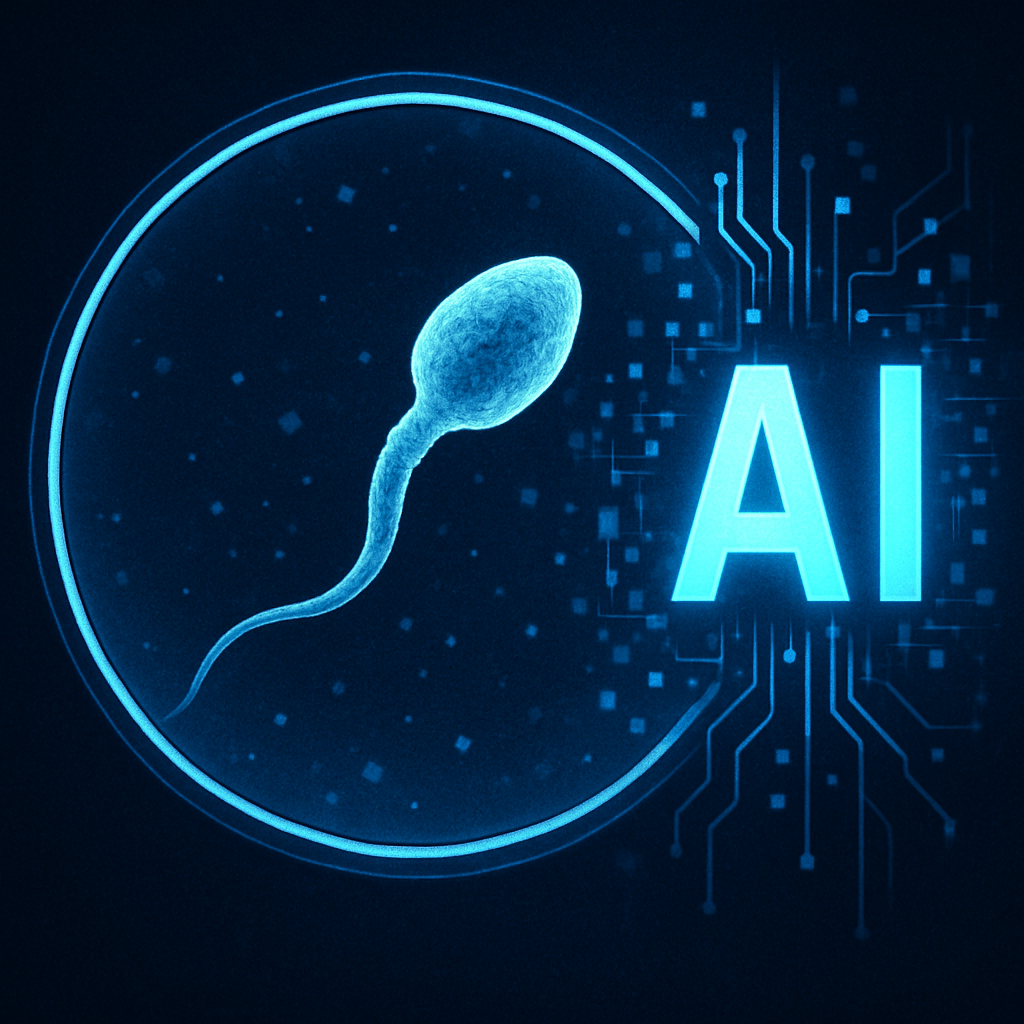After 19 years of infertility, AI delivered their miracle
Happy Monday! I feel compelled to take a moment to marvel at the groundbreaking innovation of AI. I know, I know—join the club, right?
This one brought a tear to my eye.
I’ve always been a fan of tech—I made my living in software, after all. But I don’t often see technology with such profound, life-changing potential as what I just read about.
TIME Magazine recently published an article about a breakthrough by Zev Williams and his team at Columbia University. Using a new AI-driven method, they were able to detect viable sperm in a man with azoospermia—a condition where no sperm is present in the ejaculate.
You can read the article here.
Now, I get it. This is a deeply sensitive topic. Most men would rather not talk about their infertility. But we need to. Because male factors account for approximately 40% of infertility cases in the US, and azoospermia makes up about 10% of those cases.
To put it in perspective, sperm cells are the smallest cells in the human body. Even for seasoned fertility technicians with state-of-the-art microscopes, finding sperm in an azoospermia sample is like searching for a specific grain of sand in the Sahara Desert.
Here’s where AI comes in.
Dr. Williams and his team spent five years developing a system called STAR (Sperm Track and Recovery). It combines a powerful AI algorithm with a microfluidic chip that scans semen samples one microscopic layer at a time. When the AI detects what it believes to be sperm, the system diverts that exact portion into a separate channel for collection.
Williams describes the feat as ”finding a needle hidden within a thousand haystacks”—in just a couple of hours.
And the result? Nothing short of life-changing.
The couple featured in the article had been trying to conceive for 19 years.
They had endured 15 failed IVF cycles.
Take a moment and imagine the emotional and financial toll of that journey.
But thanks to STAR, within two hours of collecting the husband's sample, doctors were able to fertilize the wife’s eggs.
A living, breathing miracle of modern medicine.
Dr. Williams emphasizes that this is just the beginning. AI has the potential to transform many aspects of fertility treatment—from improving embryo selection to predicting IVF success rates and beyond.
As someone who cares deeply about reproductive freedom and expanding family-building options, I find this deeply moving. I hope you’ll join me in celebrating this breakthrough—and cheering on the ongoing work of Dr. Williams and the entire Columbia team.
Because for countless couples, innovations like this are more than just medical breakthroughs. They’re real hope that their dreams for a family can come true. And that’s a miracle!
#hopeforinfertility #AIandinfertility #maleinfertility #AIinfertilitybreakthrough
